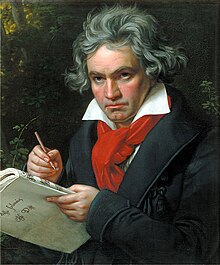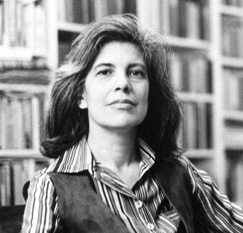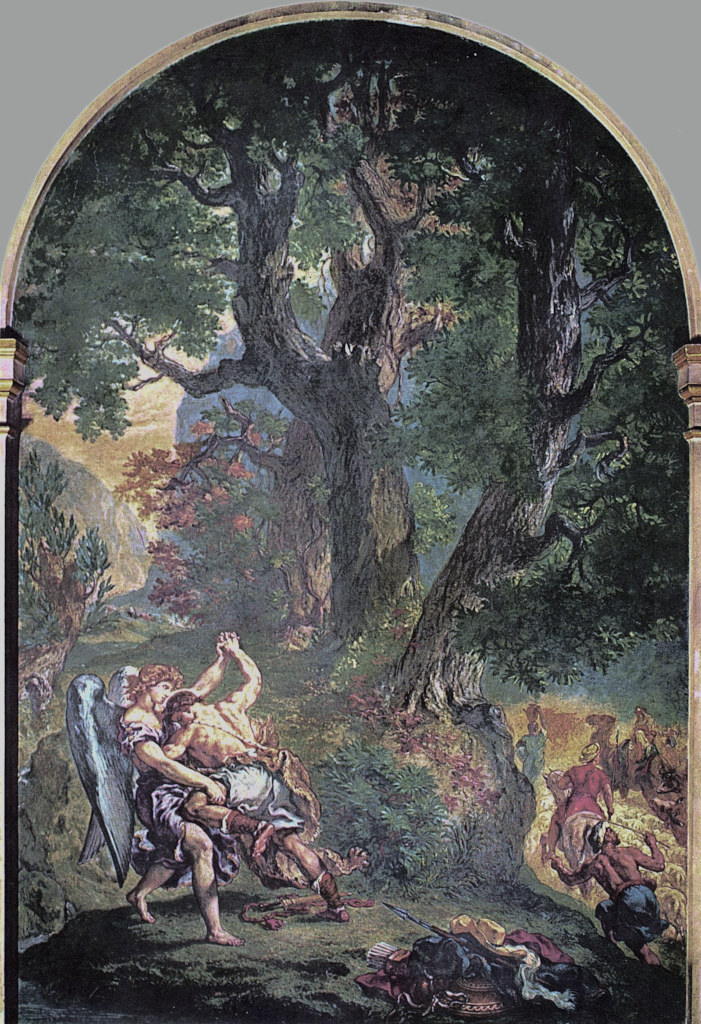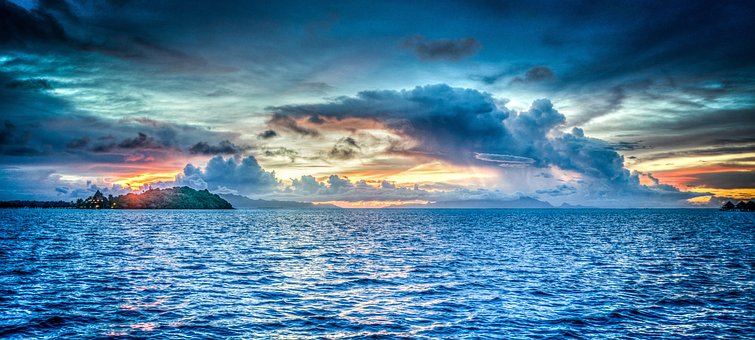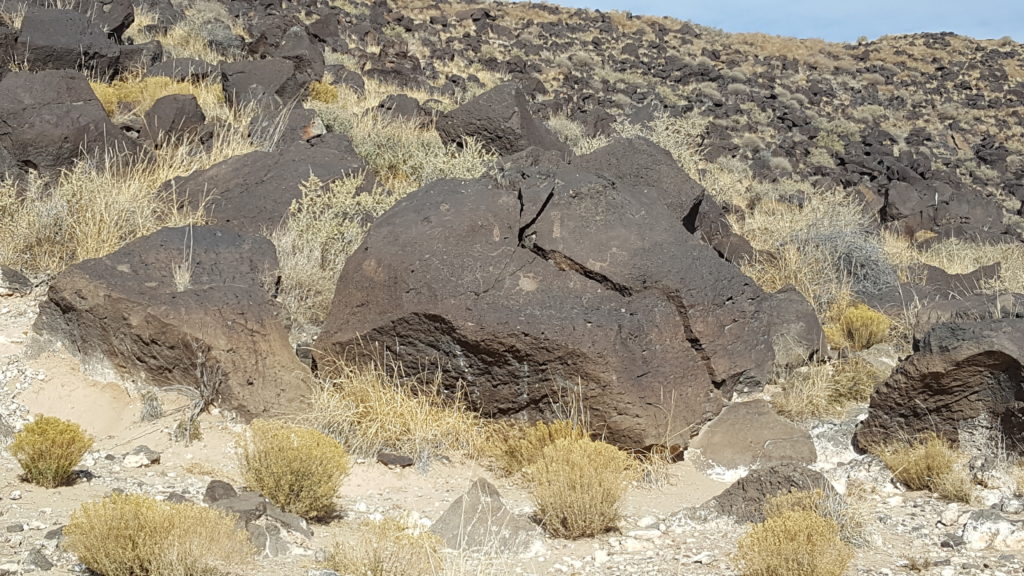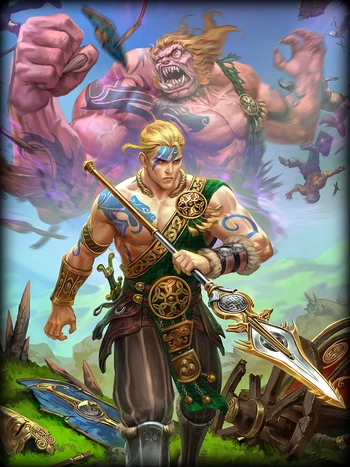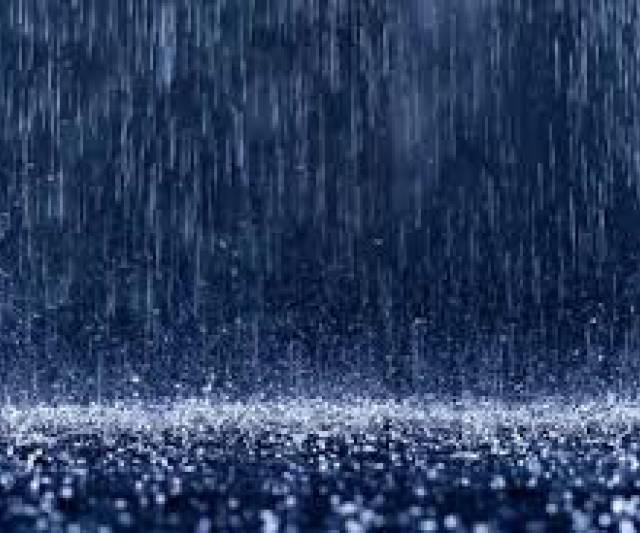 Last week, many of us celebrated Christmas. For the last few days, however, many of us have been remembering Kwanza. Although Kwanza is a relatively new holiday, its impetus, in light of the Advent season, speaks to us all: a celebration of human diversity. Yes, Jesus was born a Jew in a forgotten town in Palestine, but he made it clear that he had come for everyone on the planet. Jesus reminded everyone who would listen that God loves every human being, that God loves every variety of human beingness and expression, every bit of it. He leaves no one out.
Last week, many of us celebrated Christmas. For the last few days, however, many of us have been remembering Kwanza. Although Kwanza is a relatively new holiday, its impetus, in light of the Advent season, speaks to us all: a celebration of human diversity. Yes, Jesus was born a Jew in a forgotten town in Palestine, but he made it clear that he had come for everyone on the planet. Jesus reminded everyone who would listen that God loves every human being, that God loves every variety of human beingness and expression, every bit of it. He leaves no one out.So it is with harvest. The world is for everyone. Kwanza lauds the beauty and meaningfulness of this world, its harvest, its bounty, its joy of a year rightly lived. The happiness of living in a world whose wonder speaks constantly to us, the beauty of the rhythms of the plane: a call to treasure the immensity of existence.
Happy New Year!




